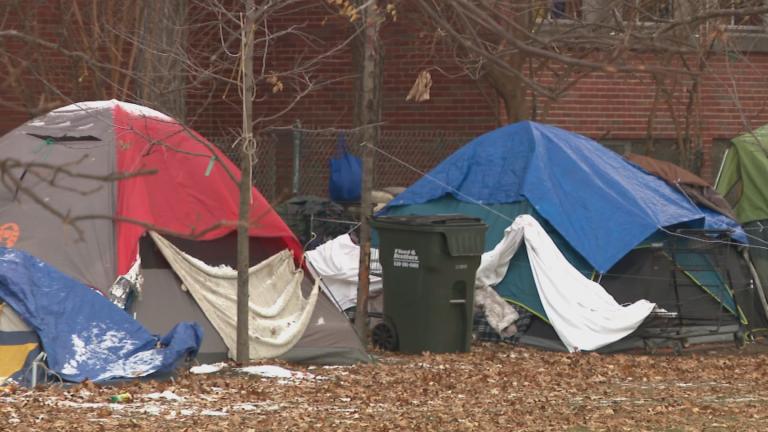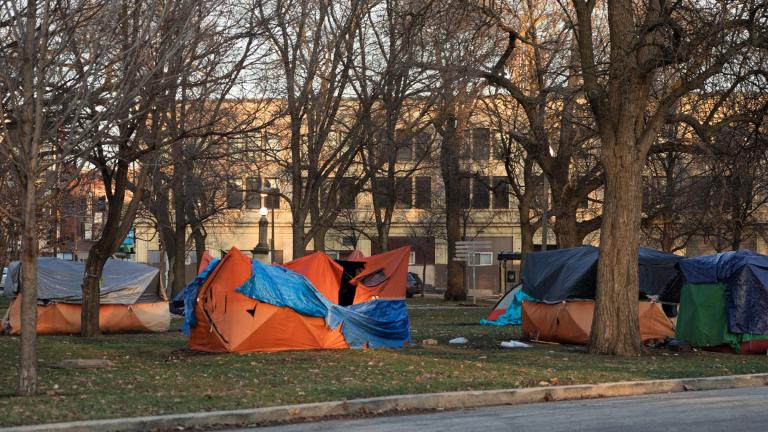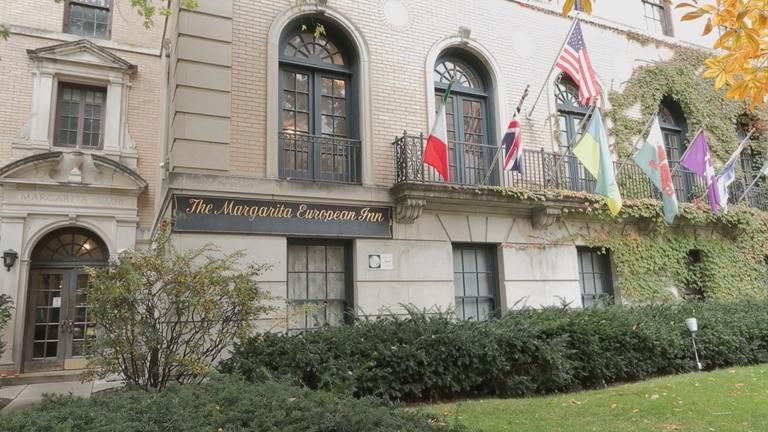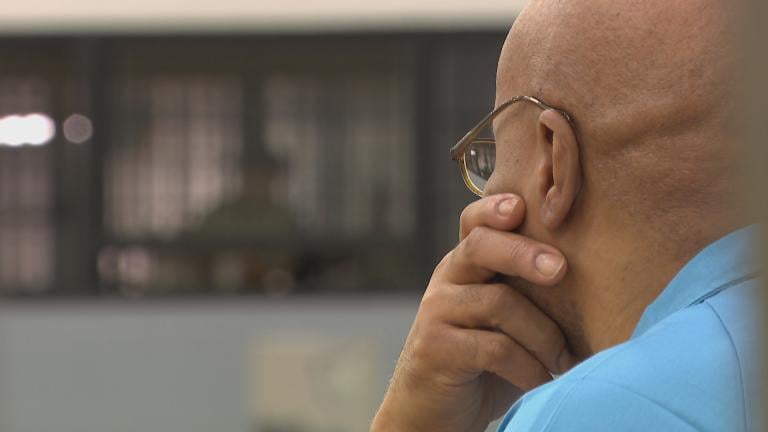This story is part of WTTW’s Firsthand initiative exploring poverty in Chicago.
Families living in poverty are more likely to be involved with the child welfare system, and in more than 60% of cases nationwide, authorities find children being neglected, not abused.
That’s according to a recent brief from the University of Chicago that argues direct financial support for families would result in fewer children being maltreated.
Dana Weiner, the lead author of that report, says economic hardship can create circumstances like housing instability that can lead families to come to the attention of child welfare systems. However, their needs would be better met with a different response, she says, not with a Child Protective Services investigation.
“Families really are only left with a single option which is a Child Protection Services hotline call as opposed to a network of community-based supports — a safety net, so to speak — that families could access to get help,” said Weiner, a a senior policy fellow at Chapin Hall at the University of Chicago.
Instead, she suggests providing families with economic support such as housing, child care subsidies or direct cash payments.
The report also argues that “the establishment of mandatory reporting laws has created a system of surveillance rather than support.” These laws vary by state but require key individuals interacting with children to report suspected abuse or neglect.
In a 2020 brief Weiner worked on, researchers found that most of the professional reports to the National Child Abuse and Neglect Data System were from teachers — but in the majority of those cases, there was no evidence of maltreatment.
Weiner says there’s an imperative to rebuild the social safety net that requires an array of human services to collaborate.
“It requires that we leverage the substantial administrative data that we have to try and understand economic risk and the impact of the current set of interventions that are being rolled out to address economic hardship,” Weiner said.








